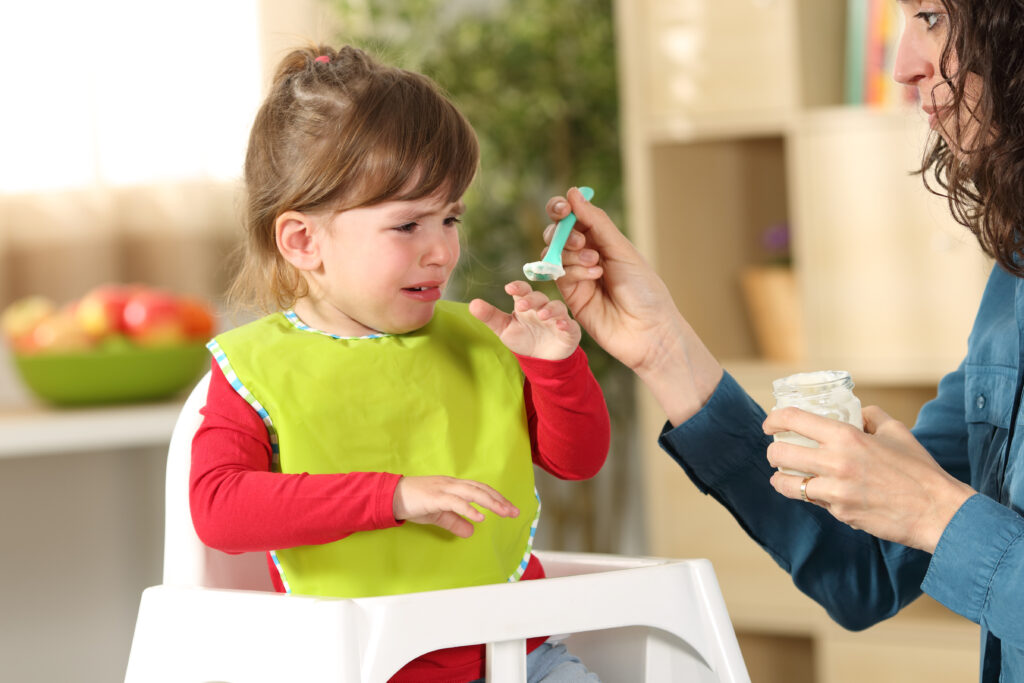The Importance of
Nutritional Assessment
Nutritional assessment serves as an entry point for dietary treatment and is a key feature of every initial appointment. It is the first step in understanding the presenting problem and the link to food, feeding/eating and nutrition.


What You Need to Know
About Nutritional Assessment
The nutritional assessment is guided discussion about what, when, how and how much food and drink is consumed and provides a good estimate of energy, protein, fluid and nutrient intake of the diet as a whole.
Key nutrients such as calcium, iron and magnesium; the balance of food groups from animal and plant as well as essential fats, sugars and fibres.
Diet-related conditions, behaviours and growth needs are taken into account. I like to understand the feeding history for infants and very young children, and the lived experience of older children and young people. Medical history and current medications are a relevant part of this story.
Nutritional Assessment Options

Nutritional assessment provides benefits such as…
Nutritional Health Overview
Nutritional assessment covers diet, growth, digestion, elimination, physical activity, energy balance, key nutrients and provides a holistic overview of a child’s nutritional wellbeing.
Personalised Support
Tailored guidance and selected resources are provided based on the nutritional assessment and for diet-related conditions, ensuring individualised advice and follow up review.
Pathway to Health & Wellbeing
The nutritional assessment serves as an entry point for evidence-based dietary treatment to address diet-related behaviour change and promote long-term health and wellbeing.
Your Telephone Review
All first appointments focus on detailed nutritional assessment specific to the age and presenting problem of each child. This appointment includes a 15 minute telephone review your next steps. Carine will book this with you at your appointment, it is not intended as a separate or new consultation.
From Kitchen to Clinic – My Latest Blogs
08/03/2023
making mealtimes better
Making Mealtimes Better : Structure, Nurture & Boundaries Accessible and full of sensible evidence-based information to support feeding young children well, Making Mealtimes Better is on-line workshop series is designed...
05/07/2021
Iron Deficiency Anaemia in infancy
Iron deficiency anaemia (IDA) is the most common nutritional problem affecting infants with 60% of 6-12 month old babies in the UK having low dietary iron intake, a key risk...
09/01/2020
Izzy’s Overnight Almond Oats
I really do get it - it's hard to make time on a school morning to prepare a nutritious breakfast. My teenage daughter Izzy and I teamed up to produce...
26/11/2019
what’s the difference between lactose intolerance and cow’s milk allergy?
Many people are confused about the difference between lactose intolerance and cow's milk allergy. Misunderstood as same condition; the terms lactose intolerance and cow's milk allergy are used interchangeably and...
30/10/2019
reintroducing lactose back into the diet
Following a 2 - 6 week low lactose diet to treat lactose intolerance, your child should now be well on their way to recovery from symptoms. Reintroducing lactose back into...
02/10/2019
good sources of calcium
Infants and children need good sources of calcium in their diets on a daily basis. Calcium absorption in the gut is variable and ranges from 25-50%, increasing when intake is...







